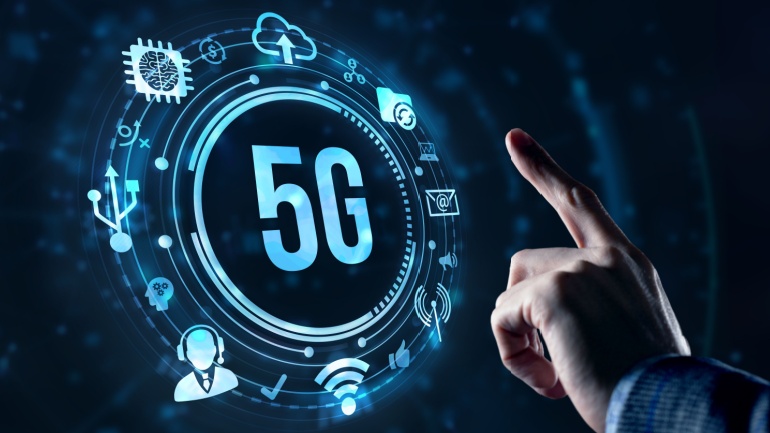Three’s 5G network now reaches 62% of the UK’s population, expanding to 656 locations and 4,900 sites nationwide. This growth in Three’s 5G coverage is part of a strategic push to enhance 4G services and significantly expand 5G capabilities, aiming to elevate the UK’s digital infrastructure.
This week, the UK-India Technology Security Initiative was announced, marking a pivotal moment for both nations. This collaboration aims to strengthen security in telecoms, AI, quantum computing, and biotechnology. Promising mutual growth, innovation, and job creation, this initiative underscores the evolving technological partnership.
Hyperoptic has secured a significant £150 million investment from the UK Infrastructure Bank (UKIB), accelerating their fibre-to-the-home rollout. This latest funding increases Hyperoptic’s total raised this year to £255 million, bringing overall funding to £1.1 billion. The investment highlights strong support for Hyperoptic’s mission to deliver ultra-reliable, hyperfast full fibre broadband.
BT, a leading UK telecommunications company, has issued a detailed 40-page report in response to the proposed merger between Vodafone and Three. The report argues that the merger would create a dominant entity in the UK mobile market, possessing 61% of the network capacity, a level of control unprecedented in both the UK and Western Europe.
Broadband infrastructure provider Openreach has unveiled plans to extend its full fibre broadband services to 517 additional locations across the UK, bringing fibre-to-the-premise (FTTP) to an extra 2.7 million homes and businesses. This ambitious rollout includes 400,000 homes in rural areas, highlighting Openreach’s commitment to bridging the digital divide.
New research conducted by consultancy Cluttons in collaboration with YouGov has revealed significant doubts among Conservative MPs regarding the UK’s ability to achieve government targets for nationwide standalone 5G coverage by 2030. The study, which surveyed 104 MPs and 556 local councillors, found that only one-third of Conservative MPs (34%) expressed confidence in meeting the ambitious targets set by the government.
Virgin Media O2 and Crown Commercial Service have inked a new Memorandum of Understanding aimed at enhancing technological and telecommunications solutions to bolster digitalisation efforts within the UK Government and the wider public sector. CCS, a government body responsible for aiding public sector procurement, has been pivotal in organizing the purchase of common goods and services across various organizations.
his week, the University of Bristol has powered up Isambard-AI, the UK’s fastest and most potent supercomputer, following a £225 million investment announced by the government last March. Built by Hewlett Packard Enterprise, Isambard-AI boasts over 5,000 NVIDIA superchips, enabling it to execute a staggering 200 quadrillion calculations per second. Officially named the AI Research Resource (AIRR), this supercomputer surpasses its predecessor by a factor of ten in computational power, aiming to support critical AI technology development.
BT joins forces with UK Business Climate Hub to empower small to medium UK businesses to slash their CO2e emissions in half by 2030. The strategic partnership aims to combat climate change, utilizing BT’s experience and UKBCH’s resources, ultimately championing for net-zero emissions by 2050. However, reaching these transformational green goals may prove challenging for many businesses, highlighting the necessity of this collaborative initiative.
The UK Government’s newly established Critical Imports Council aims to lessen the disturbance of essential goods flow from unpredictable global supply chain disruptions. Business and Trade Minister, Alan Mak, highlights strengthening critical goods supply against real-world crises through collaborative efforts with industry experts. With representation from diverse sectors including telecommunications, the council will focus on assessing risks and creating robust mitigation strategies.













